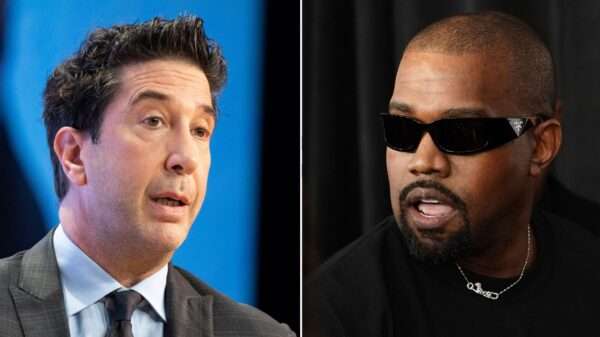Alec Baldwin has recently faced renewed criticism from the lawyer representing the family of Halyna Hutchins, the cinematographer tragically killed on the set of the film “Rust” in October 2021. Hutchins died after a prop gun Baldwin was handling discharged a live round, an event that has sparked intense legal and public scrutiny. Despite the ongoing investigations and lawsuits, Baldwin’s actions and responses post-incident have drawn significant attention and criticism.
The lawyer for Hutchins’ family, in a recent statement, expressed deep disappointment and frustration with Baldwin’s public demeanor and statements since the incident. The lawyer emphasized that Baldwin should exhibit “the human decency to say sorry,” highlighting what the family perceives as a lack of genuine remorse from the actor. According to the family’s legal representation, an apology is not just a matter of legal responsibility but a basic human reaction to the tragedy that resulted in the loss of a loved one.
Baldwin has maintained that he was unaware the gun contained live ammunition and has pointed to failures in safety protocols on set. He has also expressed his sorrow over Hutchins’ death in previous interviews, but the lawyer for Hutchins’ family argues that Baldwin’s statements have often been couched in defensiveness and an attempt to shift blame. This, they claim, falls short of the heartfelt apology the family believes is warranted.
The tragedy on the set of “Rust” has not only affected the Hutchins family but has also sparked a wider debate on safety standards within the film industry. Baldwin, as a producer and a prominent actor, has been at the center of this discussion, with many calling for stricter regulations to prevent such incidents in the future. Despite these broader industry implications, the immediate focus for Hutchins’ family remains the personal loss and their quest for accountability and closure.
From a legal standpoint, the question of negligence and responsibility is complex, involving multiple parties including the film’s armorer and assistant director. However, the public and emotional aspect of the case centers heavily on Baldwin’s role and his responses since the incident. The call for an apology is seen by the family as a critical step towards acknowledging the gravity of the incident and showing respect for Hutchins’ memory.
In the court of public opinion, Baldwin’s actions and words are scrutinized not just for legal repercussions but for what they convey about his character and empathy. The demand for an apology underscores a universal desire for recognition of human suffering and the importance of taking responsibility, regardless of the legal intricacies.
As the legal proceedings continue, the conversation around Baldwin’s reaction remains a poignant reminder of the human element at the heart of this tragic event. The plea from Hutchins’ family for an apology is a powerful testament to their pain and a call for Baldwin to rise to the occasion with the humility and compassion the situation demands.


















































